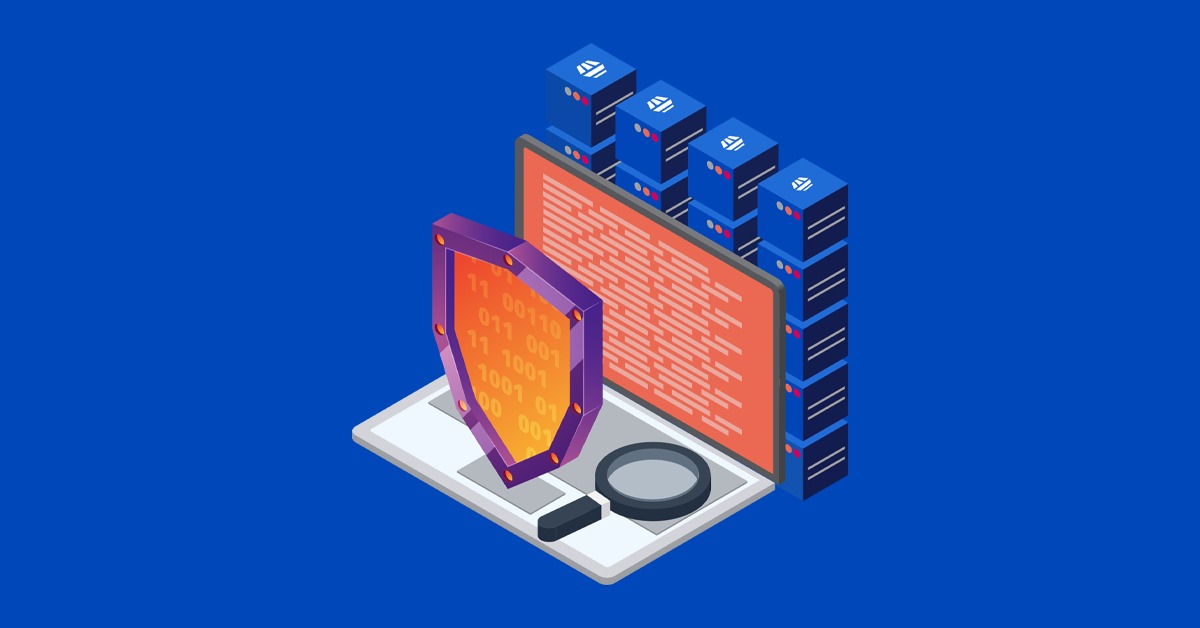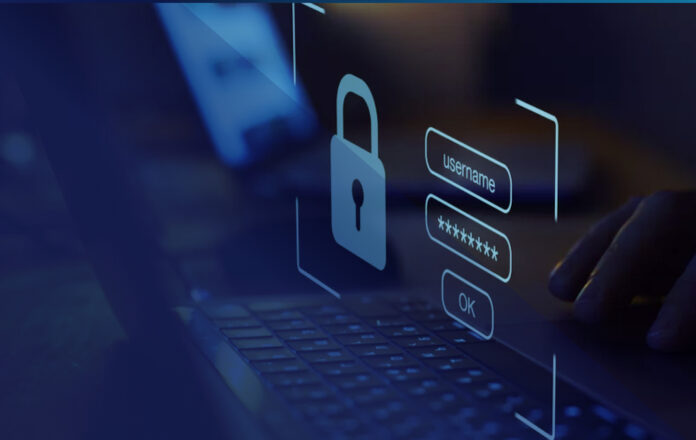In today’s digital world, having a secure website is more important than ever. However, many website owners focus on design and functionality while overlooking crucial security aspects. This guide will cover the basics of website security, highlighting common oversights and providing practical tips to protect your online presence.
The Importance of Website Security
Website security isn’t just about protecting your data—it’s about protecting your users and your brand’s reputation. A single breach can lead to significant financial losses, legal issues, and a loss of trust among your customers.
In an era where cyber-attacks are becoming increasingly sophisticated, securing your website is not optional; it’s essential. For more detailed insights on securing your website, check out https://www.virtualmindinfotech.com/.
Common Security Threats

Before diving into security measures, it’s important to understand the types of threats your website might face. Here are some common ones:
- Malware: Malicious software that can harm your website or steal sensitive information.
- Phishing: Attempts to trick users into providing personal information by pretending to be a trustworthy entity.
- SQL Injection: An attack that exploits vulnerabilities in a website’s database layer.
- Cross-Site Scripting (XSS): Involves injecting malicious scripts into webpages viewed by other users.
- DDoS Attacks: Overloading a server with traffic to crash a website.
Secure Password Practices
One of the simplest yet most overlooked security measures is using strong passwords. Weak passwords are an open door for attackers. Implementing strong password policies is essential, including:
- Using a combination of letters, numbers, and special characters.
- Avoiding common words or phrases.
- Changing passwords regularly.
- Encouraging the use of password managers.
Keep Software Up to Date

Outdated software is a common entry point for cybercriminals. Keeping your content management system (CMS), plugins, and server software up to date is crucial. Regular updates often include security patches that protect against known vulnerabilities.
Implement HTTPS
HTTPS (Hypertext Transfer Protocol Secure) encrypts data exchanged between the user’s browser and the website, making it harder for attackers to intercept. An SSL/TLS certificate is required to enable HTTPS, providing a secure connection and boosting your site’s credibility.
Use Web Application Firewalls (WAF)

A Web Application Firewall (WAF) acts as a barrier between your website and the internet, filtering out malicious traffic. WAFs can prevent various attacks, including SQL injection and XSS, by analyzing incoming data and blocking harmful content.
Regular Backups
Regular backups are your safety net in case of a cyber-attack or system failure. Make sure to back up your website’s data frequently and store it securely. Automated backup solutions can simplify this process and ensure that you always have a recent copy of your data.
Secure Your Website’s Admin Area

The admin area is a prime target for attackers. Here are a few ways to secure it:
- Limit access to the admin area by IP address. Restricting access to specific IP addresses can prevent unauthorized users from even attempting to log in. This is especially useful for websites with a small number of administrators.
- Use two-factor authentication (2FA) for an extra layer of security. 2FA requires a second form of verification, such as a code sent to a mobile device, in addition to a password. This significantly reduces the risk of unauthorized access, even if a password is compromised.
- Change the default admin username to something unique. Default usernames like “admin” are easy targets for attackers. By choosing a unique username, you add an additional layer of obscurity, making it harder for attackers to guess your login credentials.
Monitor for Suspicious Activity
Regularly monitoring your website for unusual activity can help detect potential security breaches early. Use security plugins or services that offer real-time monitoring and alerts for suspicious behavior, such as multiple failed login attempts or unexpected changes to files.
Educate Your Team

Security isn’t just a technical issue; it’s a human one. Educate your team about best practices for cybersecurity, including recognizing phishing emails, creating strong passwords, and handling sensitive information securely. A well-informed team can act as the first line of defense against potential threats.
Security Vulnerability Testing
Regularly testing your website for vulnerabilities is essential. Penetration testing, for example, involves simulating cyber-attacks to identify weaknesses in your security setup. Hiring a professional or using automated tools can help uncover potential risks before malicious actors do.
The Role of Hosting Providers

Your hosting provider plays a significant role in your website’s security. Choose a provider with a strong security track record, offering features like:
- Regular software updates and security patches.
- DDoS protection.
- Secure data centers with access control.
Implementing Content Security Policy (CSP)
A Content Security Policy (CSP) helps prevent XSS attacks by specifying which content sources are trusted. By restricting the sources of scripts, styles, and other resources, CSP can mitigate the risk of malicious code execution on your website.
Implementing a CSP involves defining rules that control the types of content that can be loaded on your site, providing an additional layer of security. Regularly review and update your CSP rules to adapt to changes in your website’s content and features.
Importance of Data Encryption

Encrypting sensitive data, such as user information and payment details, is crucial. Encryption ensures that even if data is intercepted, it cannot be read without the appropriate decryption key. Use strong encryption algorithms and secure key management practices to protect your data.
In addition to encrypting data in transit with HTTPS, consider encrypting data at rest, such as databases and backups. Proper encryption can protect your users’ privacy and help you comply with data protection regulations.
The Need for Ongoing Security Audits
Website security is not a one-time task; it requires ongoing vigilance. Regular security audits can help identify new vulnerabilities and ensure that existing security measures are effective. Audits should include a thorough review of your website’s infrastructure, software, and policies.
Consider conducting both internal and external audits to get a comprehensive view of your security posture. An external audit can provide an unbiased perspective and identify blind spots that internal teams may overlook.
Related: Learn effective design principles, check out our guide on color theory for web design.
The Bottom Line
The cost of neglecting security can far outweigh the investment in securing your website. Stay informed, stay vigilant, and make website security a priority.







